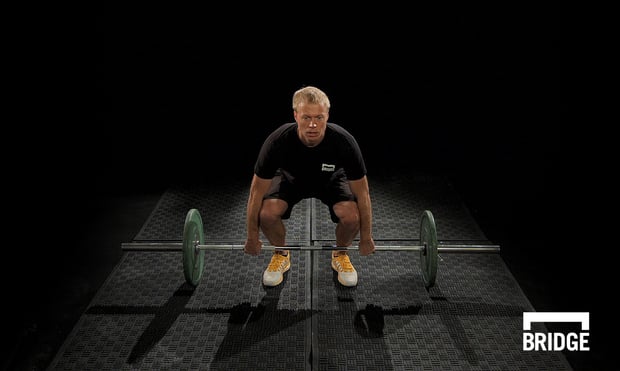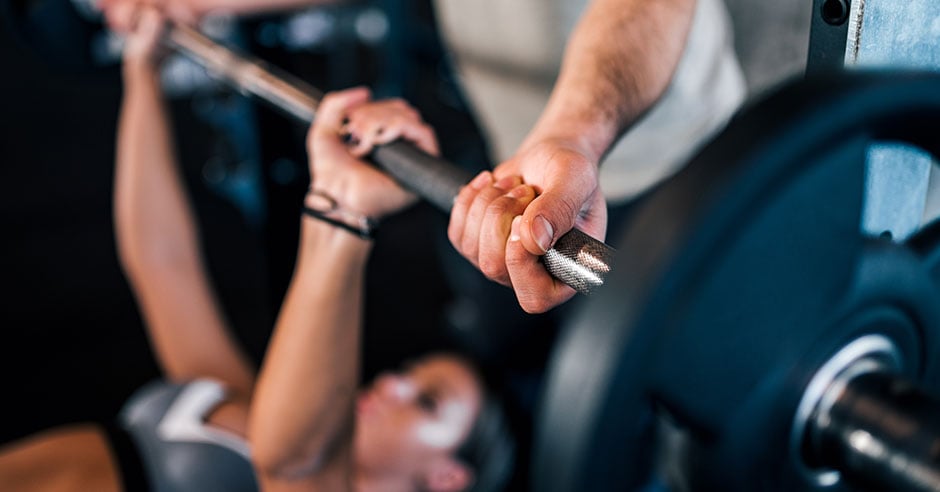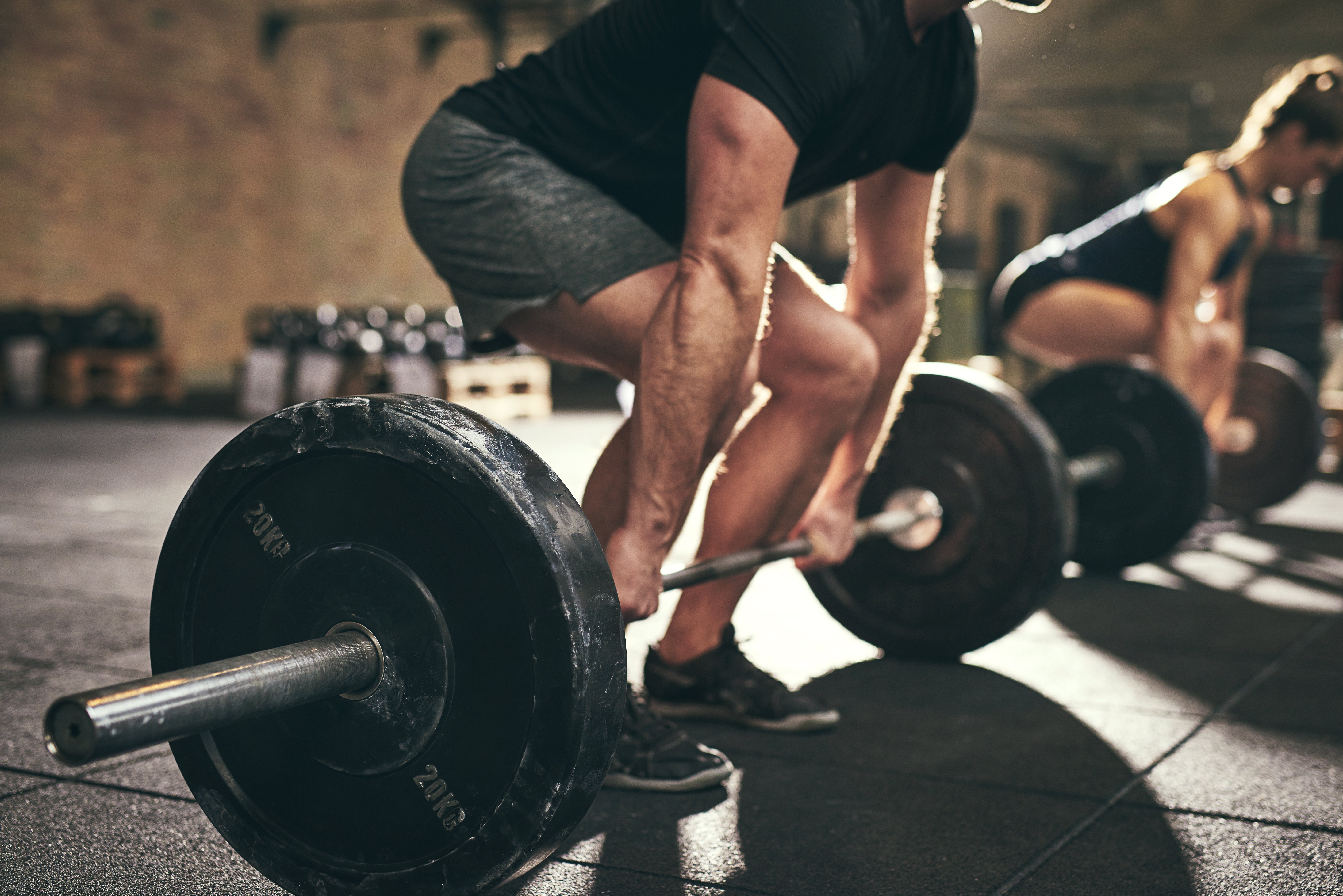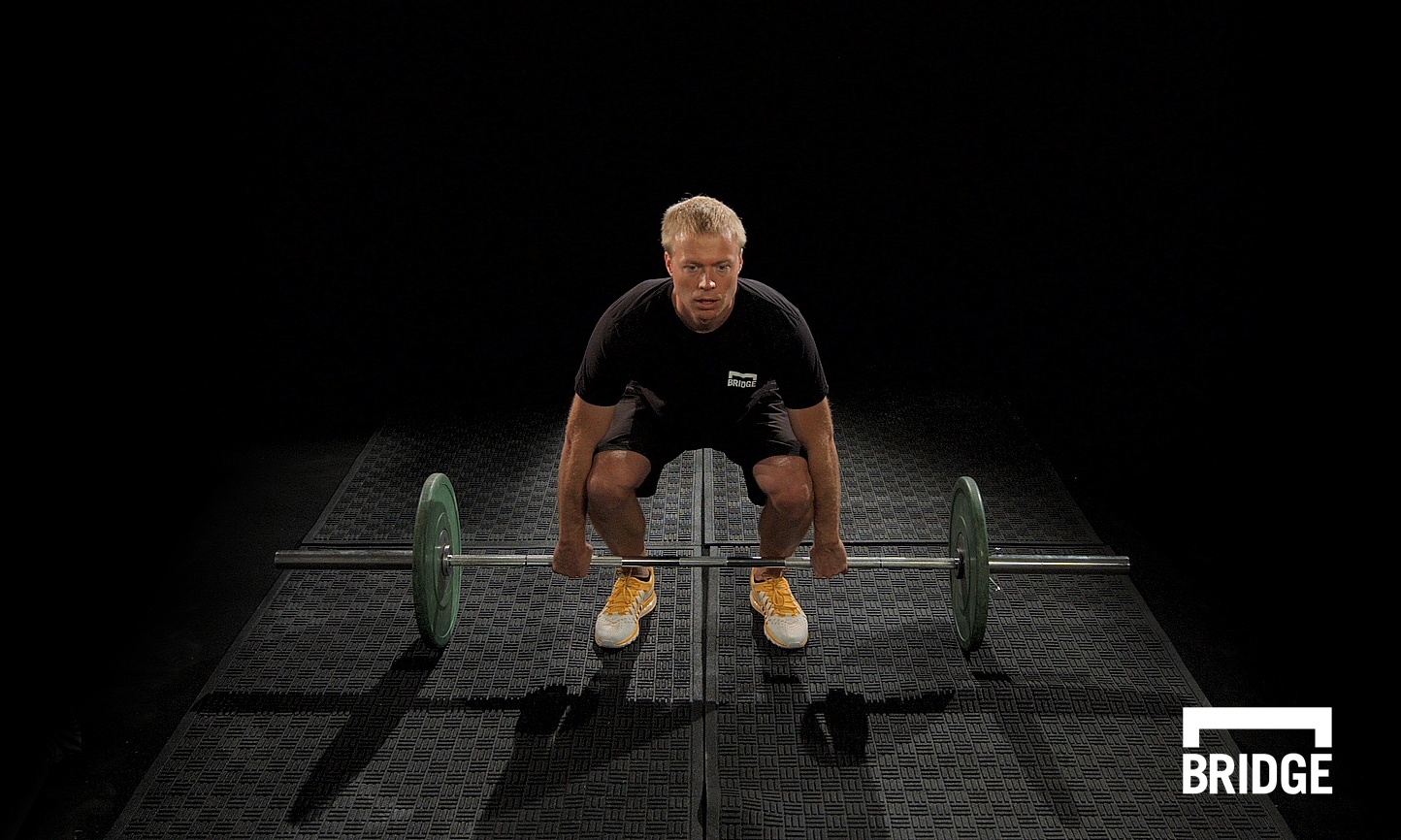Preparing for a Championship Season: Athlete Development

Pre-season is an exciting time of year for athletes. The extensive hours spent in training and the grueling intensity help athletes build up a base for the coming season as well as a common bond with their teammates. For athletes to make the most out of their preseason, it is important to start by setting realistic goals to start the season off, and adjust those goals throughout the season.
Make it a Habit
The beginning of the year is an excellent time to set expectations, setting good habits early on is essential for them to stay in place throughout the season. Every athlete can think of a handful of skills they can improve upon. Even focusing on the smallest details in a sport can make the difference between winning and losing come championship season. Athletes shoukd pick a skill or two (these can be mental) to be hyper-disciplined on in practice now so they become second nature when it matters most. Check out this article that discusses how goal planning can be helpful for athletes throughout the season.
Learn a New Skill
The corollary to cementing good habits with existing skills is dedicating time now to harness new ones. Whether an athletes focus is more on complex exercises in the gym, or a technical skill specific to water polo, preseason is the time to push the boundaries, end enhance an individual's athleticism. Athletes should push themselves past their comfort zone. For example, athletes can graduate to the higher box jump, or add more complexity to their power lifting, or even post a faster time in swim workouts. Athlete development is highly dependent on how hard the athlete is willing to work to accomplish their goals, learning new skills can increase athletic development, and take athletes to the next level.
Work the Weights
If there’s one component of athlete development that can dramatically improve this year—it’s strength training. There are countless movement patterns to learn and perfect, it's ok to be sore throughout preseason. These workouts focus on re-engaging muscles to activate them after the period of rest in the offseason. This entails more whole body conditioning to build a foundation of endurance and strength for the year rather than sport specific skills, which will come later. In addition to cardiovascular training, which builds endurance, strength training is essential in preseason to regaining eccentric force, power, and isokinetic strength. Muscle fibers decrease in size and contractility within 8 weeks of rest for sprint athletes.[1] Additionally, strength training in preseason builds the necessary musculature to protect high risk joints from injury. A review in the Journal of Sports Medicine found that strength training can reduce sports injuries to less than 1/3 and overuse injuries to nearly half compared to no strength training.[2]
Start With a Baseline Evaluation
The best athletes take note of where their starting point is for the season. With an organized strength and conditioning program aided by BridgeAthletic, athletes can document their baseline in preseason and follow it systematically throught the year. One can only continue to challenge their body by understanding their progress to date and recording both quantitative and qualitative aspects of their strength training. Note how much resistance you can move with through an exercise and how well you technically execute such movements. Once a baseline is established, athletes can track their progress and build their athletic progress.
Recap
The first few weeks of preseason will be hard, no doubt, but a large part of getting through preseason in one piece has to do with an athlete's attitude. It is important that athletes take advantage of the lighter workload in school and the minimal travel for competitions. Building team bonds is important for team success, athletes should spend time with teammates in between practices to recover mentally as well as physically. Preseason is about getting the job done and enjoying the relaxed environment during this time of year. If athletes take a minute and evaluate their vision for the upcoming season, and what it is going to take to achieve their goals, then preseaon marks the start of the journey.
References
Lauersen JB, Bertelsen DM, Andersen LB. Br J Sports Med. 2013 Oct 7. doi: 10.1136/bjsports-2013-092538. [Epub ahead of print] The effectiveness of exercise interventions to prevent sports injuries: a systematic review and meta-analysis of randomised controlled trials.
Med Sci Sports Exerc. 2001 Aug;33(8):1297-303. Muscular characteristics of detraining in humans. Mujika I, Padilla S.
Related Posts

The Best Bench Press Variation You’re...
This post is part of our Coaches Corner series with Taylor Rimmer. Taylor is NSCA-CPT, StrongFirst...

Does Powerlifting Harm Heart Health?
A recent study has discovered that a 12-week supervised strength training program (SSTP) may result...
-1.png)
Barefoot Running: Is It For You? |...
Run Free: Consider Less Cushion
Updated October 2020:
With more athletes looking for ways to...



